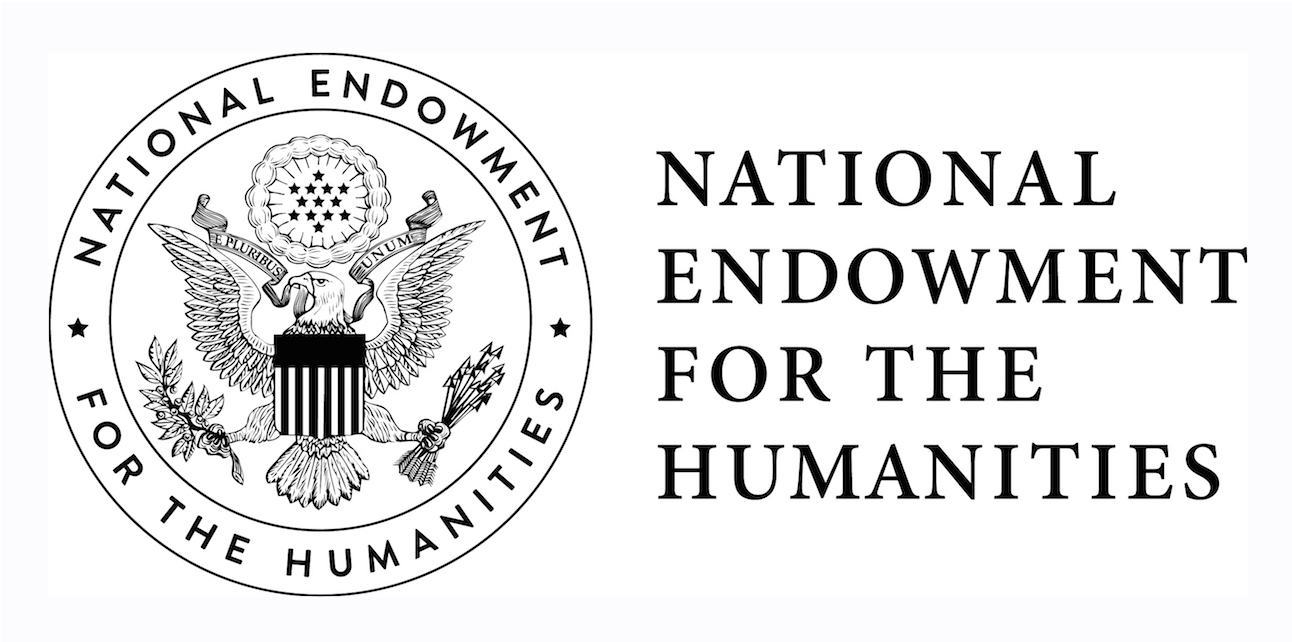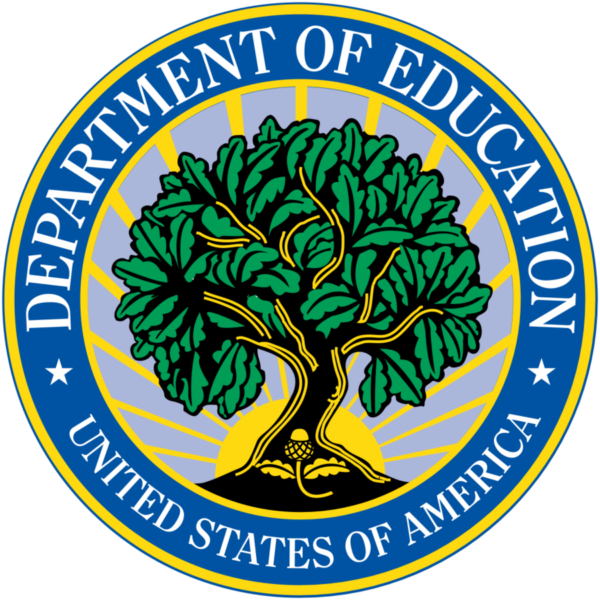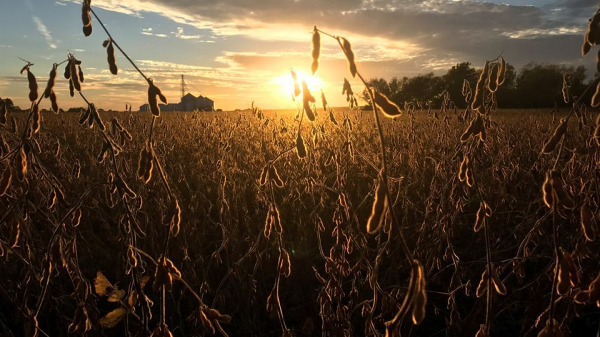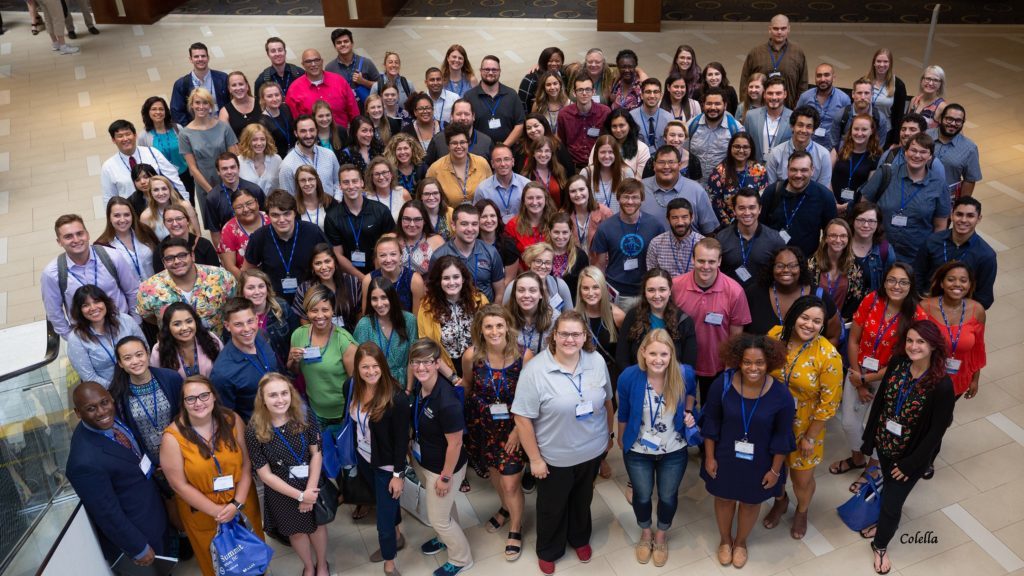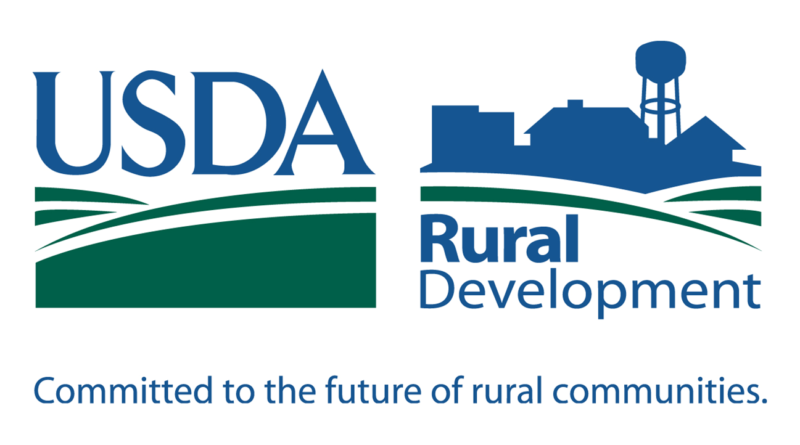Funding Opportunities
19 Aug Funding Alert! Coronavirus Relief for Kansas Nonprofits and Small Businesses
Kansas Department of Commerce – Back to Business Grants Attention Kansas organizations! The Kansas Department of Commerce recently announced multiple funding opportunities related to COVID-19 relief. The Strengthening People and Revitalizing Kansas (SPARK) Task Force has approved over $130 million for economic development and connectivity projects, which will be awarded as grants to qualifying businesses. The application portal will be live Wednesday, August 19 at 12:00pm CST and remain open until funds are expended.13 Aug Funding Alert! Public Humanities Projects for Planning and Implementation
National Endowment for the Humanities – Public Humanities Projects Attention humanities folks! If your program is seeking funding for a project that engages general audiences through in-person humanities programming, you might be interested in this opportunity. The National Endowment for the Humanities (NEH) recently opened applications for the Public Humanities Program grants to support exhibitions, historic places, and humanities discussions. The NEH seeks projects that explore diverse topics in American history and examine foundational documents, historical objects, places, traditions, events, and individuals who have shaped the United States.06 Aug Funding Alert! Department of Education Grants for Innovation in Education
United States Department of Education – Office of Elementary and Secondary Education: Education Innovation and Research (EIR) Program: Early-Phase Grants Attention folks in higher education! Is your program seeking funding for researching and developing an innovative educational practice? The United States Department of Education’s Office of Elementary and Secondary Education (OESE) recently opened applications for Education Innovation and Research (EIR) Program for Early-phase grants. The EIR program is a phased structure that links the potential funding amount to the quality of supporting evidence for the proposed project’s efficacy. The expectation here is that projects will build upon their evidence and move through the EIR program phases: Early-phase, Mid-phase, and Expansion. For the purposes of this solicitation discussion, we’ll take a closer look at Early-phase grants.09 Jul United States Department of Agriculture – Rural Cooperative Development Grant
The United States Department of Agriculture (USDA) recently opened applications for its Rural Cooperative Development Grant. USDA opportunities such as this can often be incredibly impactful – if not transformative – for rural communities. Let’s take a closer look at the details for this program by answering some key questions. What is the Rural Cooperative Development Grant? The Rural Cooperative Development Grant (RCDG) is intended to improve the economic condition of rural areas by assisting in the startup, expansion, or operational improvement of rural cooperatives and other business entities. Cooperatives are essential to the U.S. economy and are particularly critical to the health of rural communities. Cooperatives not only help farmers and ranchers market their products, but they can also supply rural residents with important services such as electricity, telecommunications, financial services, housing, food, and building materials.26 Jun The National Science Foundation – Robert Noyce Teacher Scholarship Program
The National Science Foundation (NSF) recently opened applications for its Robert Noyce Teacher Scholarship Program (Noyce). As with many federal grant opportunities, there are a lot of “so” questions which need to be answered. So, what is the Noyce Scholarship Program? The National Science Foundation Robert Noyce Teacher Scholarship Program seeks to encourage talented science, technology, engineering, and mathematics (STEM) majors and professionals to become K-12 mathematics and science (including engineering and computer science) teachers. The program invites creative and innovative proposals that address the critical need for recruiting and preparing highly effective elementary and secondary science and mathematics teachers in high-need local educational agencies. The program offers four tracks: Track 1: The Robert Noyce Teacher Scholarships and Stipends Track, Track 2: The NSF Teaching Fellowships Track, Track 3: The NSF Master Teaching Fellowships Track, and Track 4: Noyce Research Track. In addition, Capacity Building proposals are accepted from proposers intending to develop a future Track 1, 2, or 3 proposal.14 Jun Administration for Children Youth and Families – Family and Youth Services Bureau – Basic Center Program
The Family and Youth Services Bureau (FYSB) recently opened applications for its Basic Center Program (BCP). As with many federal grant opportunities, there are a lot of “so” questions that come to my mind. So, what is the BCP? Funded under the Runaway and Homeless Youth Act passed in 1974, BCP works to establish or strengthen community-based programs that meet the immediate needs of youth and families of youth, who have run away from home or are experiencing homelessness. The purpose of the BCP is to provide emergency shelter and counseling services to youth under the age of 18 who meet one or more of the following criteria:- have left home without permission of their parents or guardians;
- have been forced to leave their home;
- cannot live safely with a parent, legal guardian, or relative;
- have no other safe alternative living arrangement; or
- are experiencing homelessness and might otherwise end up in contact with law enforcement or in the child welfare, mental health, or juvenile justice systems.
12 Jun Administration for Children Youth and Families – Family and Youth Services Bureau – Street Outreach Program by AGS Staff
The Family and Youth Services Bureau (FYSB) recently opened applications for its Street Outreach Program (SOP). As with many federal grant opportunities, there are a lot of “so” questions that come to my mind. So, what is the SOP? To prevent sexual abuse and exploitation of young people who have run away from home or are experiencing homelessness and help them leave the streets, Congress established the Education and Prevention Services to Reduce Sexual Abuse of Runaway, Homeless, and Street Youth Program. It was established through the Violence Against Women Act of the Violent Crime Control and Law Enforcement Act of 1994. The legislation funds street-based outreach and education for youth who have run away from home or are experiencing homelessness. FYSB has funded the SOP since 1996. The purpose of the SOP is to provide street-based services to youth 21 years of age and younger who have run away from home or are experiencing homelessness and have been subjected to, or are at risk of being subjected to, sexual abuse, prostitution, sexual exploitation, and severe forms of trafficking. This includes building relationships between this target population and street outreach workers to move youth into stable housing and prepare them for independence.25 Apr USDA funds for technology infrastructure can assist rural entities address gaps in access by Julie Alsup, GPC
COVID-19 has forced many schools, hospitals, and agencies to launch emergency operations that they did not previously offer or to expand upon services that were quickly found to be insufficient. Many limped into virtual operations without adequate technology infrastructure, software platforms, or sufficient bandwidth (both internet signal and staff capacity). The USDA Rural Utilities Services Distance Learning and Telemedicine Grant is not new, but it has certainly launched itself into celebrity status. This three-year grant provides eligible applicants the funding to purchase telecommunications equipment, computer networks, and related advanced technologies to be used by students, medical professionals, and rural residents for the purpose of expanding telemedicine and distance learning to rural communities.01 Aug Former Music Teacher Helps Other Music Teachers Find and Win Music Education Grants by Julie Assel, GPC
Posted at 21:44h
in Arts, Competency One, Funding Opportunities, Industry News, Julie Assel, GPC, K-12 Education
I’ve been there, that place where many music teachers find themselves today with a lot on their plates and few dollars to fund their programs. I have worked in a rural school district where the general music teacher wears every hat, from choir, orchestra, and...



